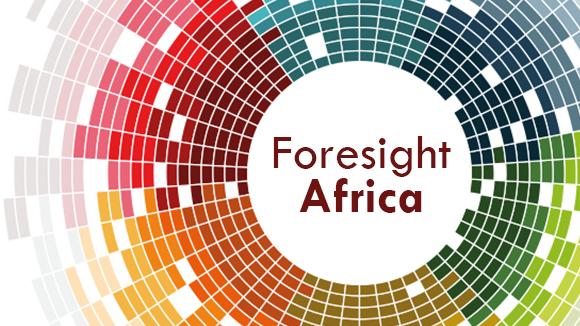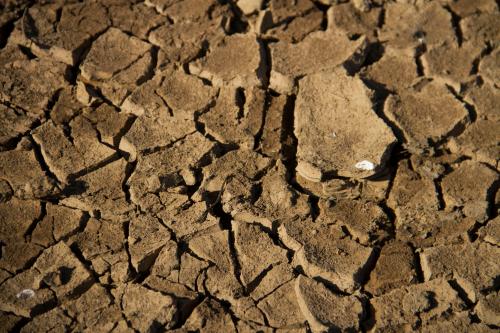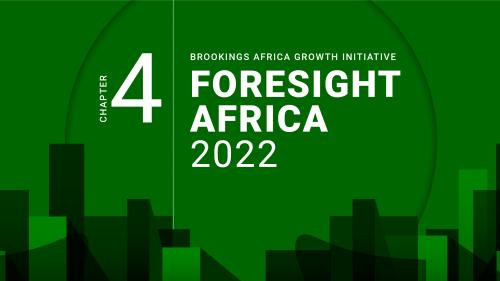Below is a governance viewpoint from the Foresight Africa 2022 report, which explores top priorities for the region in the coming year. Read the full chapter on climate change.
 Freetown’s unique topography—its communities extend from the coastline up into its surrounding mountains—exposes it more acutely than other African cities to the risks of a changing climate. At the same time, the city is increasingly shaped by the impacts of climate change.
Freetown’s unique topography—its communities extend from the coastline up into its surrounding mountains—exposes it more acutely than other African cities to the risks of a changing climate. At the same time, the city is increasingly shaped by the impacts of climate change.
Take the issue of extreme heat: This phenomenon poses a direct challenge to water access in the dry season, particularly to inhabitants of the 74 informal settlements in which up to 40 percent of Freetown’s occupants live. Beyond water access, this extreme heat significantly worsens air quality in the city, especially in conjunction with vehicle emissions and open dumping. This deterioration in air quality then poses health risks to residents, such as respiratory infections.
I give this example to make the point that we cannot choose to prioritize adaptation over mitigation, or vice versa, when it comes to tackling climate change. We must address both. While Freetown, like the African continent as a whole, is not a big emitter of greenhouse gases, there are still opportunities to further reduce our emissions. For instance, my administration is introducing a mass transit cable car system that will be more climate-friendly and green than existing city transport options.
We cannot choose to prioritize adaptation over mitigation, or vice versa, when it comes to tackling climate change. We must address both.
Under the #FreetownTheTreetown initiative, we are planting one million new trees. This initiative is an example of an approach that delivers both mitigation—in that planting trees can create a carbon sink to offset emissions—and adaptation—as increasing tree cover reduces the impacts of extreme heat and the risk of landslides.
Local African governments should be empowered to do more
In Freetown, land-use planning and building permit powers that should have been devolved to district structures remain in the hands of central government—a situation that contributes significantly to poor urban management and increased risk of environmental damage. Reforms on the city level can have indirect effects for the country—and the world. However, for this to succeed, local leaders must be brought more substantively into the conversation, listened to, funded, and supported to act decisively. Nation-state organizations like the African Union can do more to create platforms for city-level authorities to contribute to wider conversations about climate change.
Similarly, leaders should work to unlock climate financing at the city and local levels, as going through national governments to access funds is a time-consuming process. For now, the bulk of funding is available only to national governments, which inhibits efforts to deliver fast solutions to tackle this existential threat in not just Freetown, but in many cities.
The Brookings Institution is committed to quality, independence, and impact.
We are supported by a diverse array of funders. In line with our values and policies, each Brookings publication represents the sole views of its author(s).








Commentary
The view from Freetown, Sierra Leone
March 11, 2022